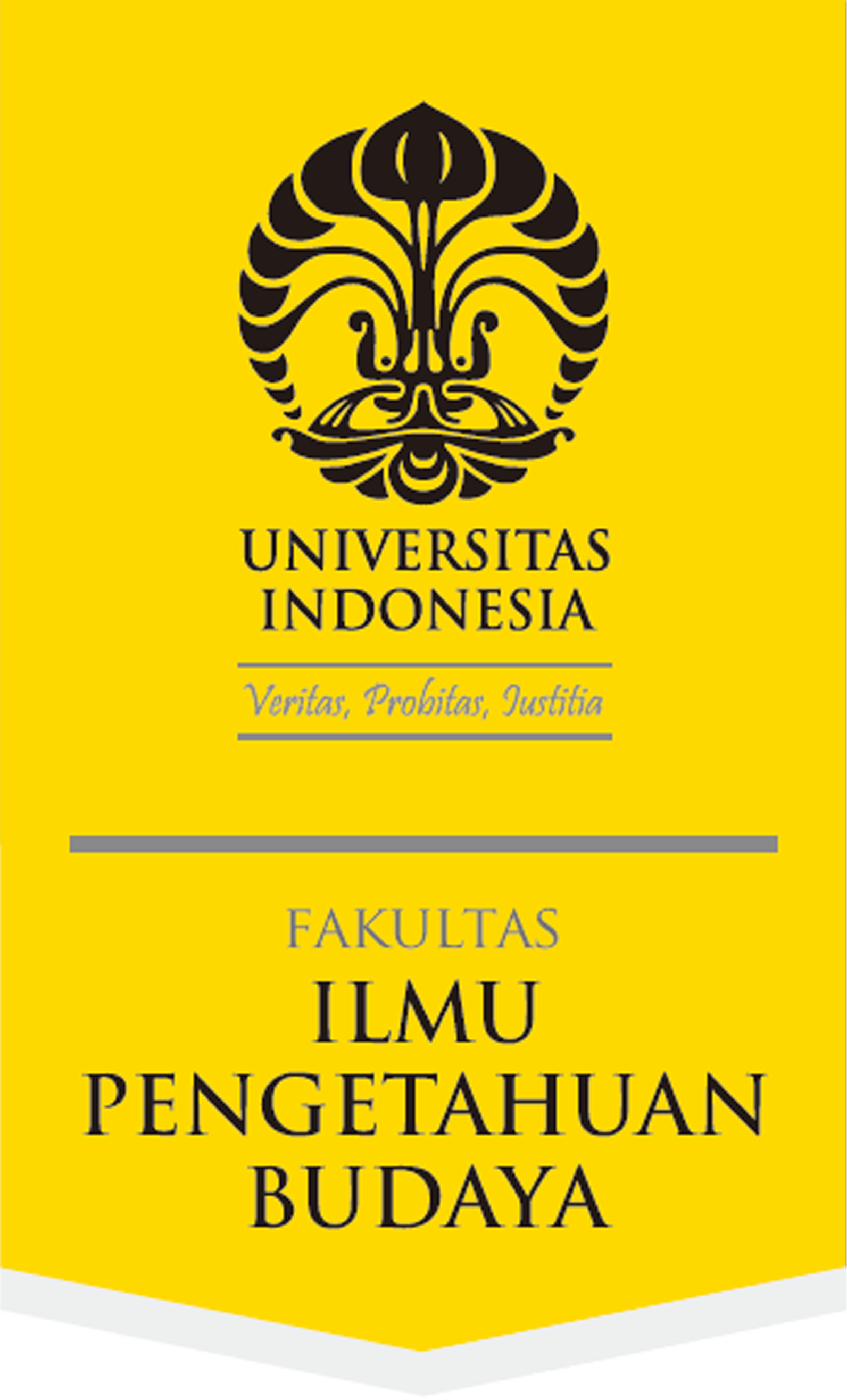Abstract
People have all sorts of expectations about how interlocutors will and should behave linguistically when engaged in a conversation. These conversational norms are usually implicit and are sometimes difficult to master in a language that is new to you. This paper presents a model of different types of responses in informal conversation, illustrated with Indonesian examples. It builds upon the conversation analytic notion of preference; distinguishing preferred - or constructive - responses and dispreferred - or competitive - responses. The model is meant as a tool to cross-linguistically compare response behaviour to gain insight in language specific expectations about interaction in informal conversation.
References
Atkinson, J. Maxwell and Paul Drew. 1979. Order in the court; The organization of verbal interaction in judicial settings. Basingstoke: Macmillan.
Bilmes, Jack. 1988. “The concept of preference in conversation analysis”, Language in Society 17(2): 161-181.
Boyle, Ronald. 2000. “Whatever happened to preference organization?”, Journal of Pragmatics 32: 583-604.
Clyne, Michael. 1994. Inter-cultural communication at work; Cultural values in discourse. Cambridge: Cambridge University Press.
Dingemanse, Mark, Joe Blythe, and Tyko Dirksmeyer. 2014. “Formats for other-initiation of repair across languages; An exercise in pragmatic typology”, Studies in Language 38: 1, 5-43.
Drew, Paul. 1990. “Conversation analysis; Who needs it?”, Text 10(1/2): 27-35.
Geertz, Clifford. 1973. The interpretation of cultures. New York: Basic Books.
Jefferson, Gail. 1972. “Side sequences”, in: David N. Sudnow (ed.), Studies in social interaction, pp. 294-338. New York: MacMillan/The Free Press.
Levinson, Stephen C. 1983. Pragmatics. Cambridge: Cambridge University Press.
Kurzon, Dennis. 1998. Discourse of silence. Amsterdam: Benjamins.
Pomerantz, Anita. 1978. “Compliment responses; Note on the co-operation of multiple constraints“, in: Jim N. Schenkein (ed.), Studies in the organization of conversational interaction, pp. 79-112. New York: Academic Press.
Pomerantz, Anita. 1984. “Agreeing and disagreeing with assessments. Some features of preferred/dispreferred turn shapes”, in: J. Maxwell Atkinson and John Heritage (eds), Structures of social action; Studies in conversation analysis, pp. 57-101. Cambridge: Cambridge University Press.
Sacks, Harvey. 1987 [1973]. “On the preference for agreement and contiguity in sequences in conversation”, in: Graham Button and John R.E. Lee (eds), Talk and social organization, pp. 54-69. Clevedon: Multilingual Matters.
Schegloff, Emanuel A., Gail Jefferson, and Harvey Sacks. 1977. “The preference for self-correction in the organization of repair in conversation”, Language 53(2): 361-382.
Steinhauer, Hein. 2002. Leerboek Indonesisch. Second revised edition. Leiden: KITLV Uitgeverij.
Stivers, Tanya, et al. 2009. “Universals and cultural variation in turn-taking in conversation”, PNAS 106(26): 10587-10592.
Wierzbicka, Anna. 2003 [1991]. Cross-cultural pragmatics; The semantics of natural language. Berlin: Mouton de Gruyter.
Wouk, Fay. 1998. “Solidarity in Indonesian conversation; The discourse marker kan”, Multilingua 17: 381-408.
Wouk, Fay. 2001. “Solidarity in Indonesian conversation; The discourse marker ya”, Journal of Pragmatics 33: 171-191.
Recommended Citation
van Naerssen, M. J.
(2015)
"Responsive turns in Indonesian informal conversation,"
Wacana, Journal of the Humanities of Indonesia: Vol. 16:
No.
1, Article 9.
DOI: 10.17510/wjhi.v16i1.372
Available at:
https://scholarhub.ui.ac.id/wacana/vol16/iss1/9









